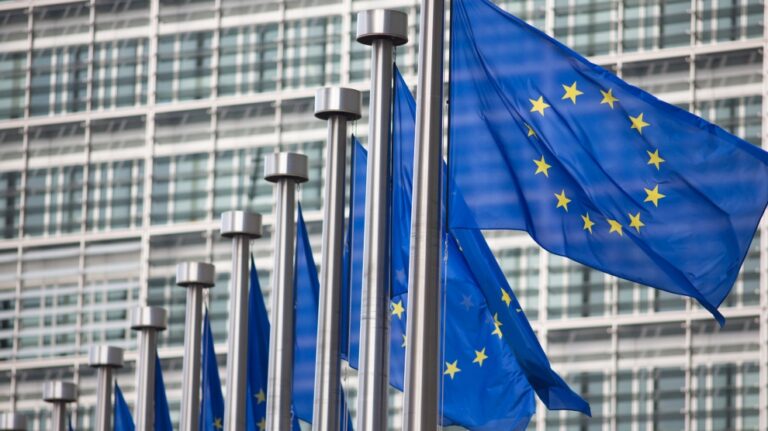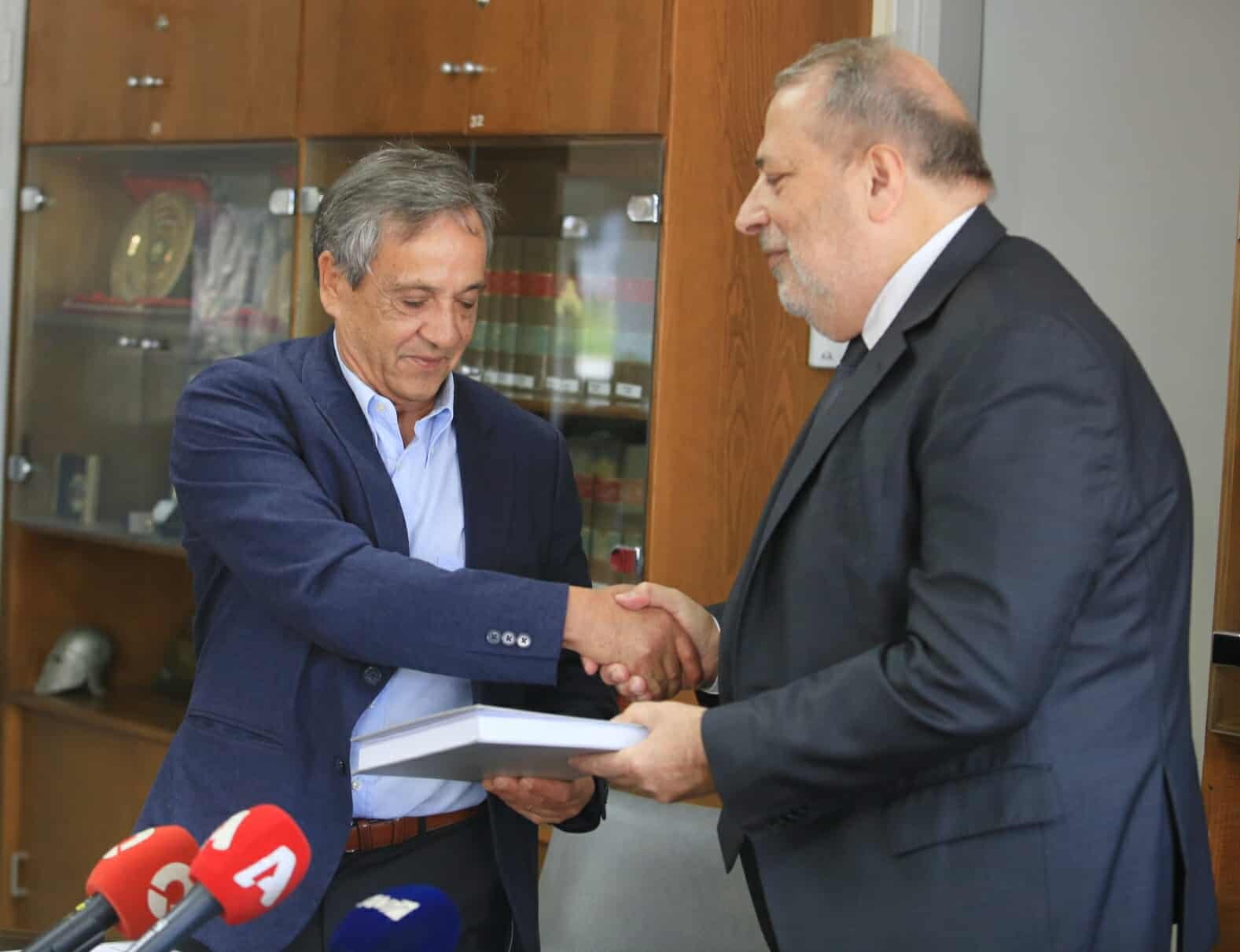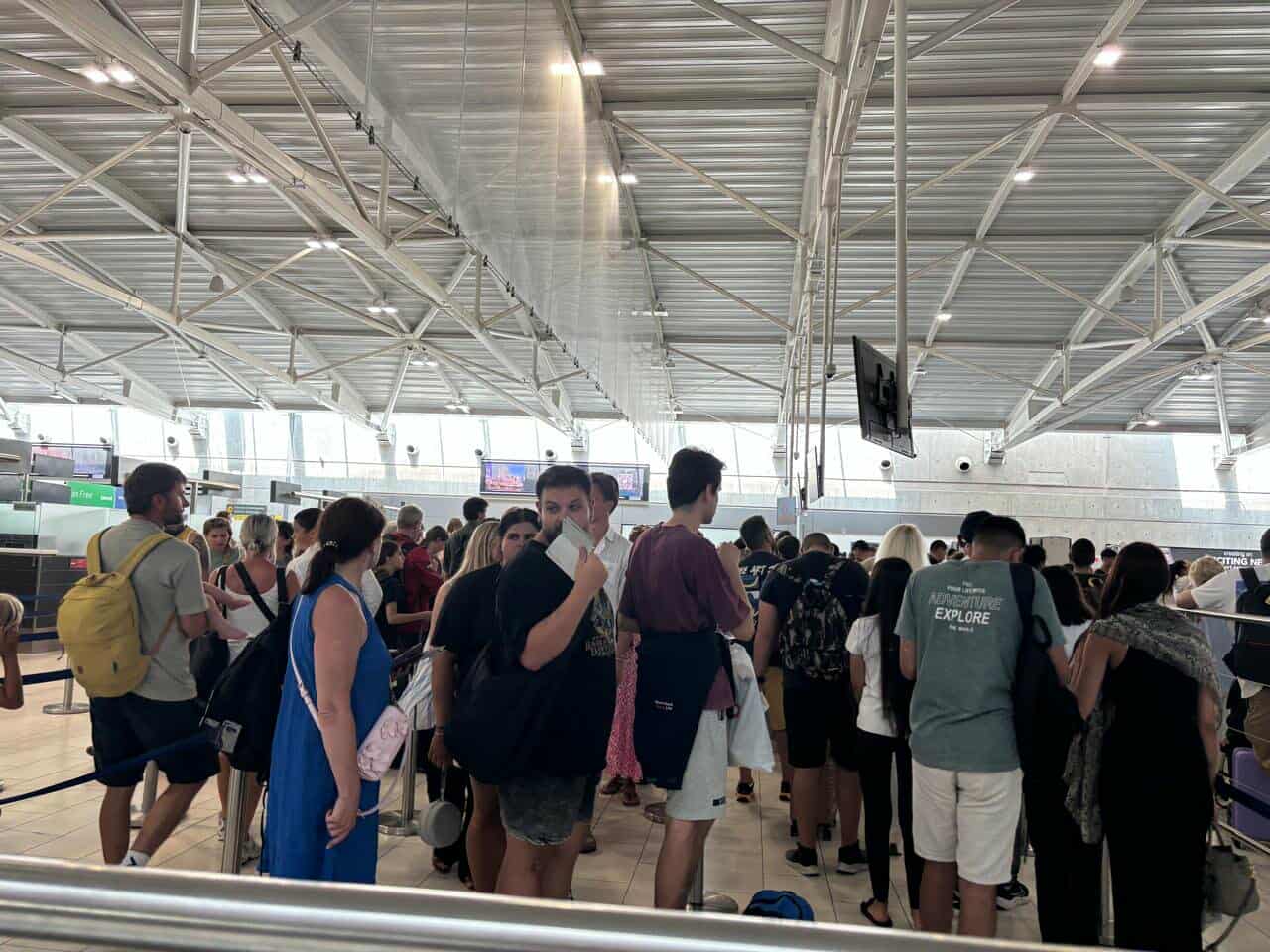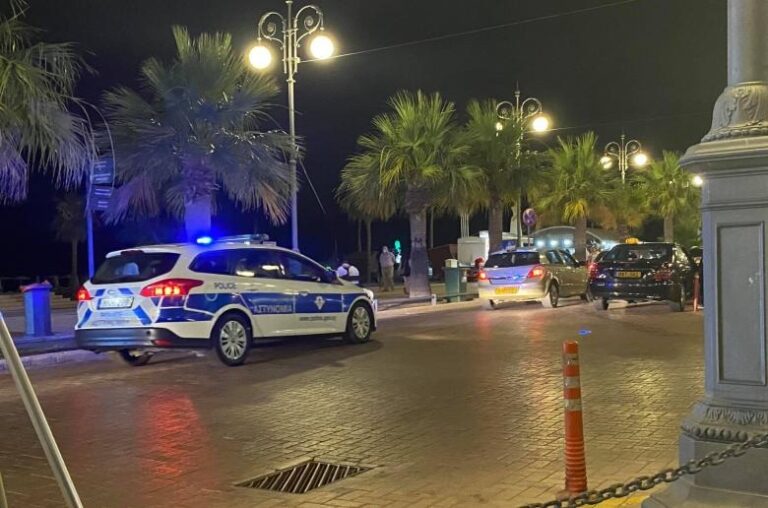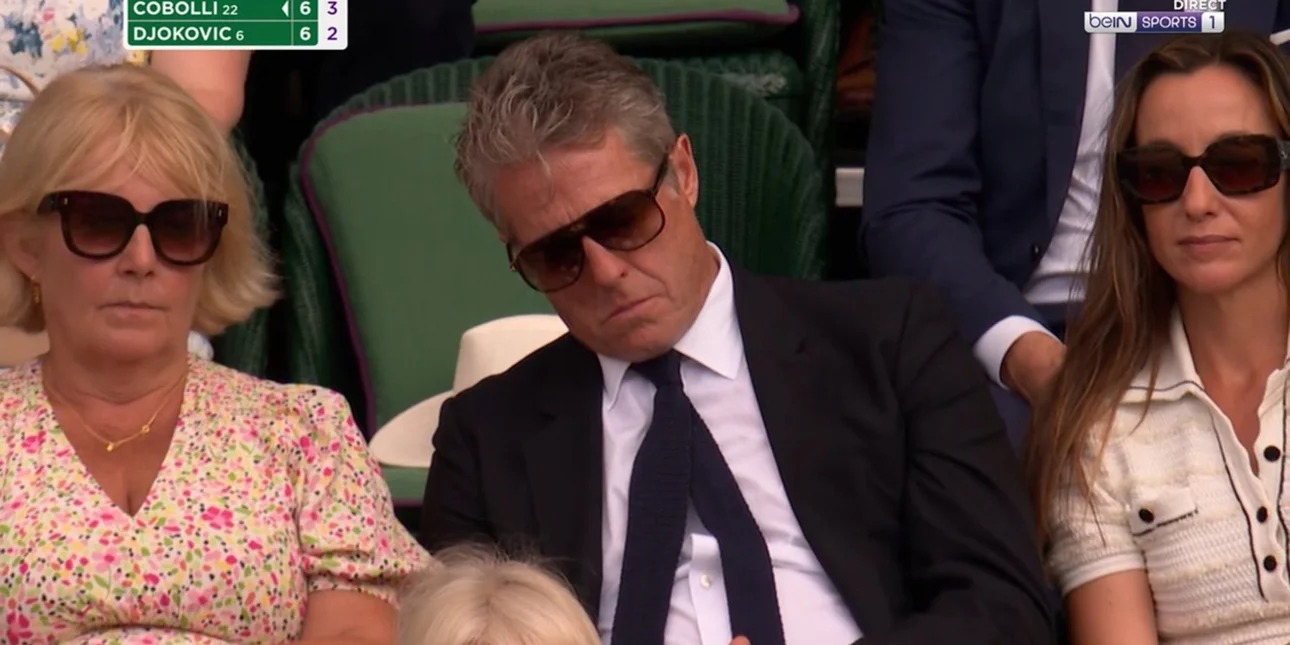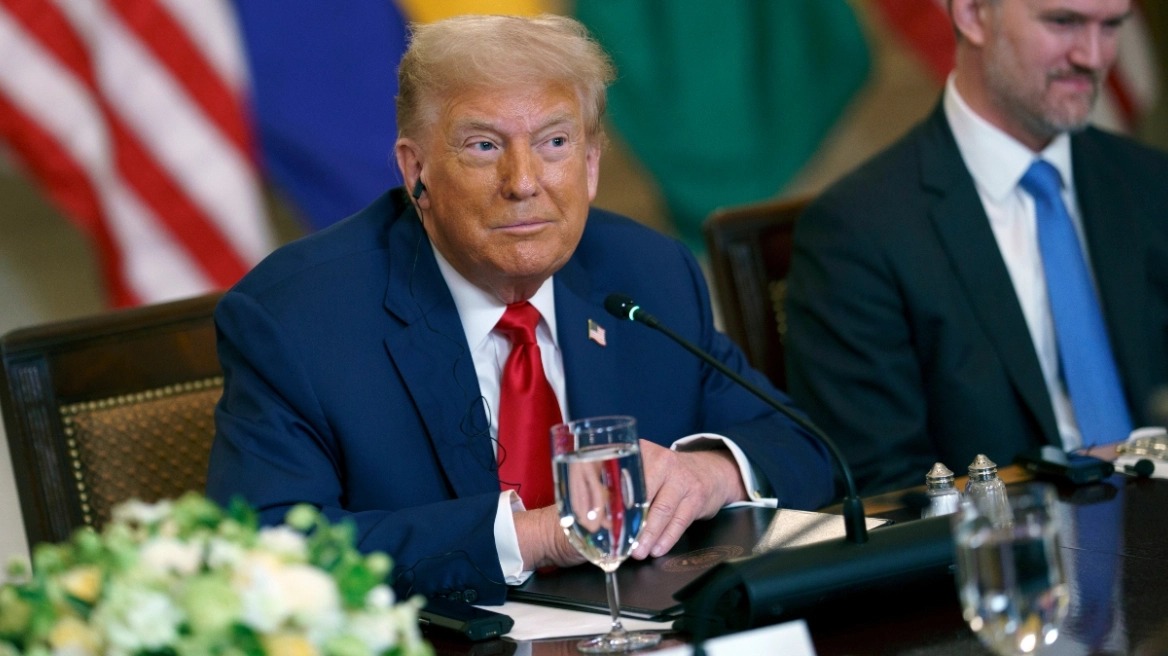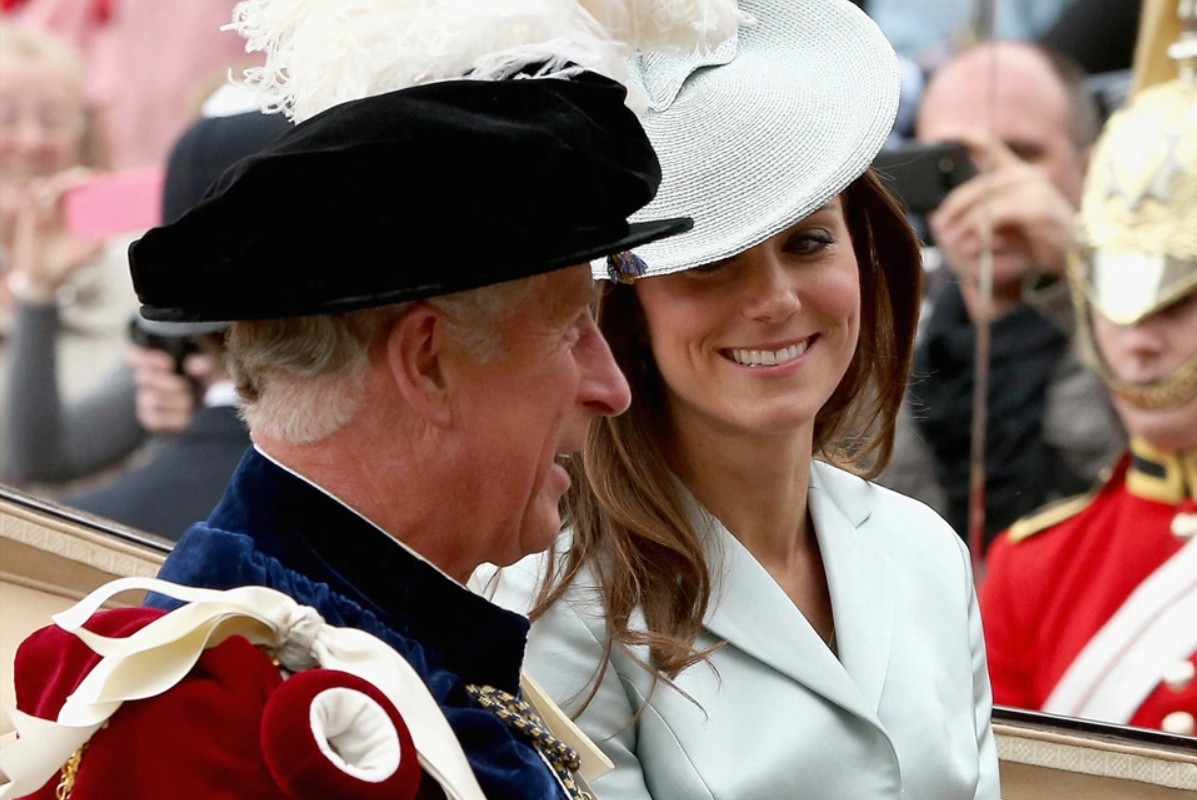Following the election of a record number of women MEPs, the European Women’s Lobby is urging governments of EU member states that they nominate at least one woman when they submit their proposals for European Commissioners.
In a message on Twitter and on Facebook, Gwendoline Lefebre said: “We now need to focus on the future of the European Union. We ask from the member states that they each propose two people for the role of European commissioner, at least one of them being a woman. It will offer more diversity of experience, background and perspectives to choose from and will benefit all people in Europe.”
The message came as part of a report in the Guardian newspaper which was based on an analysis by the EWL.
The Guardian noted that more women have been elected to the European Parliament than ever before but men still account for 60% of MEPs.
The proportion of female MEPs has increased slightly from 36% five years ago to about 39%, or 286 out of 751 seats.
The gender balance will be above the 30.2% average of the EU’s national parliaments. Eleven member states enforced gender quotas on parties in the 2019 elections, up from eight in 2014.
Six of the 28 member states are returning a broadly gender-balanced group of MEPs to the parliament: Sweden (55%), Finland (54%), France (50%), Slovenia (50%), Luxembourg (50%) and the UK (47%), up from 41% in 2014.
Cyprus has not elected any female MEPs and Slovakia elected two out of its 14 MEPs (15%). Other female ratios include Ireland (27%), Greece, (23.8%), Romania (22%) and Bulgaria (29%), according to the preliminary results.
The outcome will strengthen calls for EU leaders to appoint a first female president of the European commission or council, to replace Jean-Claude Juncker and Donald Tusk respectively.
The 28 leaders need to find candidates for the roles of president at the Commission, Council, the ECB and as foreign policy high representative.
A president of the European parliament needs to be chosen by MEPS.
Women said to be in the running for a senior EU post include the former Danish finance minister Margrethe Vestager, the managing director of the International Monetary Fund, Christine Lagarde, and the World Bank chief executive, Kristalina Georgieva.
Women said to be in the running for a senior EU post include the former Danish finance minister Margrethe Vestager, the managing director of the International Monetary Fund, Christine Lagarde, and the World Bank chief executive, Kristalina Georgieva.
Joanna Maycock, the secretary general of the EWL, said the group’s members would analyse the results at a meeting in a few weeks but called for the next European commission to include a commissioner with responsibility for progressing women’s rights.

